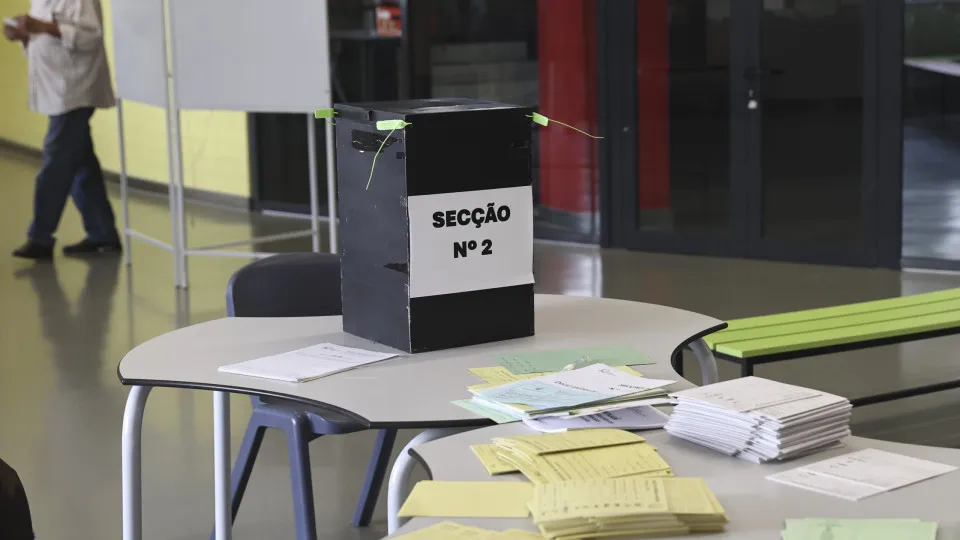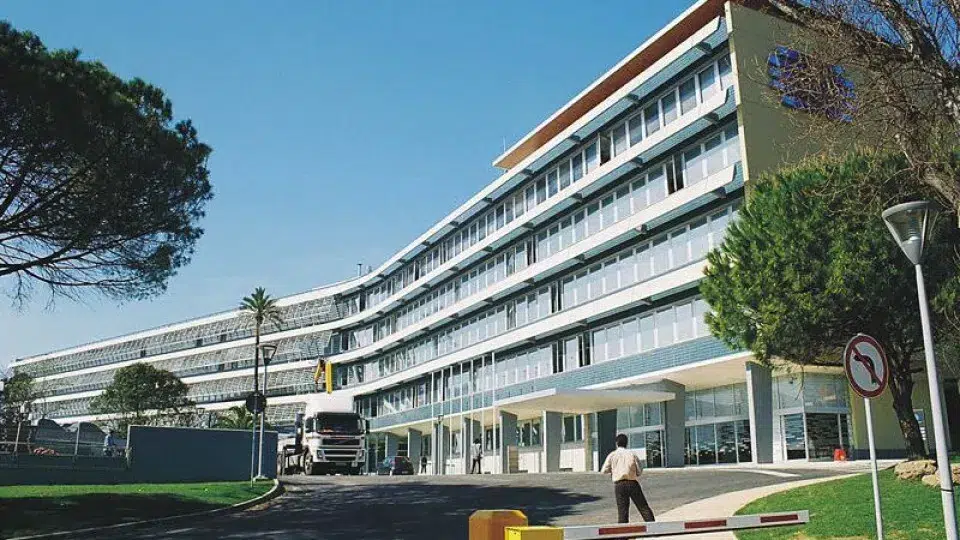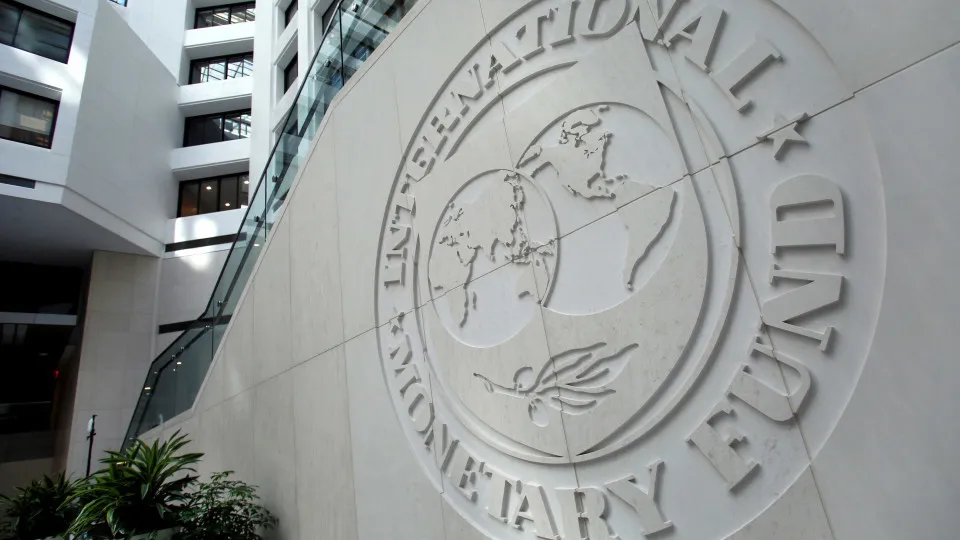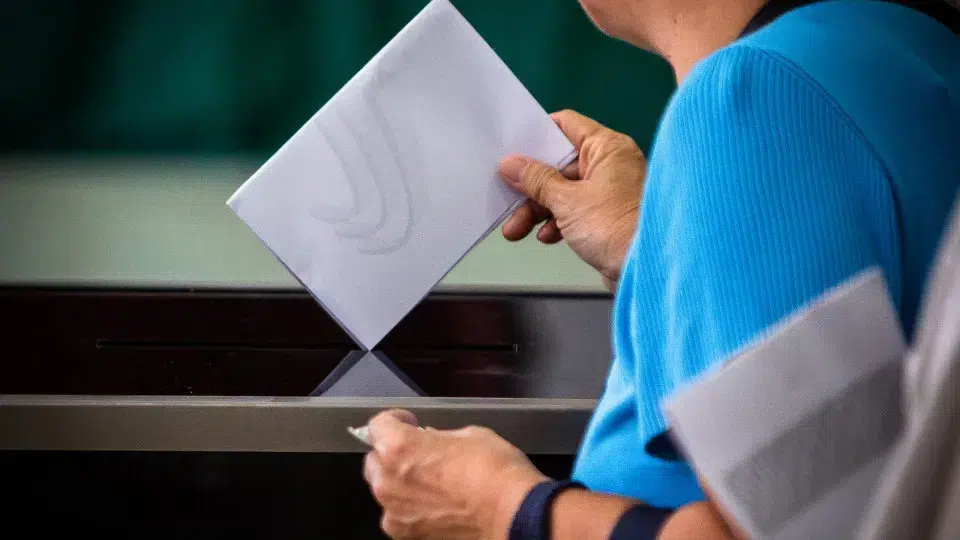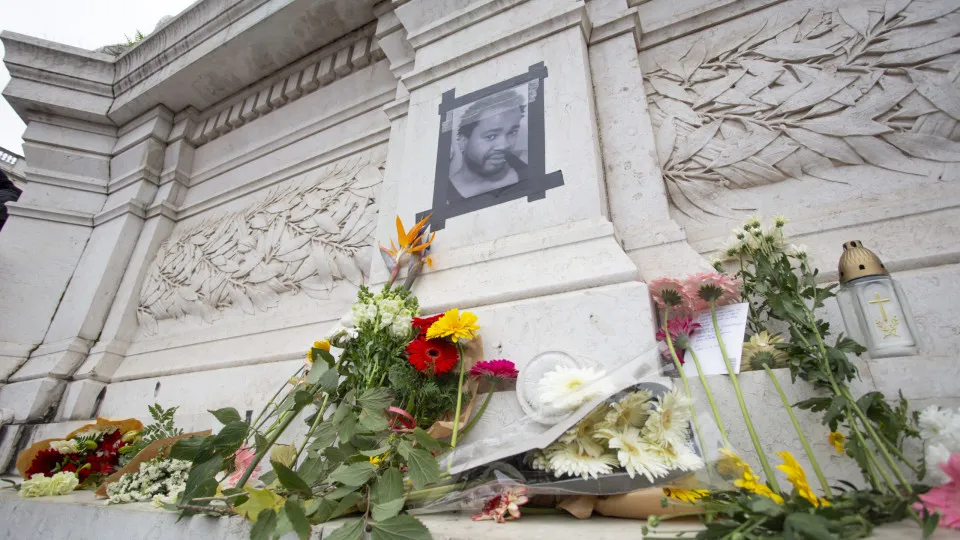
In a recent interview, a human mobility expert expressed that despite ongoing debates, police intervention strategies have evolved “very little” over the past year following the October 21, 2024, incident in Cova da Moura where a PSP officer, now facing trial starting Wednesday, was involved in a fatal shooting.
Jorge Malheiros recalled the aftermath of this “terrible occurrence” when discussions highlighted the need for police activities incorporating community policing, a concept that had been previously abandoned.
“The principle was discussed, and its advantages were acknowledged, but with few exceptions, the significant change that the incident warranted has not materialized,” he stated.
He emphasized the importance of not demonizing the police.
“At times, certain political actors, often on the left, tend to demonize the police. This demonization is a mistake because criticism should target actions and not the structure itself,” he argued.
Neglecting the police’s role risks discouraging potential recruits while aligning current officers with those who adopt a protective discourse towards the police, often represented by the far-right.
“This enables the far-right to capture the police, undermining values that bring police actions closer to citizens, protect them, engage in dialogue, and defend vulnerable groups such as children,” he added.
Malheiros also noted minimal change in the housing market dynamics, which continue prompting segregation by creating distinctly different areas, concentrating disadvantaged populations.
Housing prices in various areas, including central Lisbon and sometimes the outskirts, prevent access for many, forcing them into peripheral areas and contributing to a more unjust, unequal city from a residential perspective, he observed.
The absence of state initiatives in these areas fails to ensure “public space quality,” affecting cleanliness and integration with the rest of the city.
A year ago, in the wake of Odair Moniz’s death and subsequent unrest, public authorities recognized the need for interventions in these areas as integral parts of the city, Malheiros recalled.
Measures intended to enhance spatial justice, including non-material actions like police training and proximity policing, alongside physical improvements like space requalification, improving circulation, and expanding public spaces, were deemed beneficial for a fairer city, especially in the Lisbon Metropolitan Area.
“However, effective progress has been limited, and many proposed initiatives remain unimplemented,” he lamented.
Malheiros maintains that, in addition to revising police intervention tactics and strategies, changes in housing market intervention are equally essential to fostering a city with more integrated communities.
“The housing market continues to segregate, concentrating disadvantaged populations, alongside neglected public space interventions, such as maintaining, improving, or creating public spaces in degraded areas like Cova da Moura,” he noted.
Odair Moniz, a 43-year-old from Cape Verde residing in Bairro do Zambujal, was fatally shot on October 21, 2024, in Cova da Moura by a PSP officer accused of homicide. His trial is set to begin Wednesday at Sintra court.

